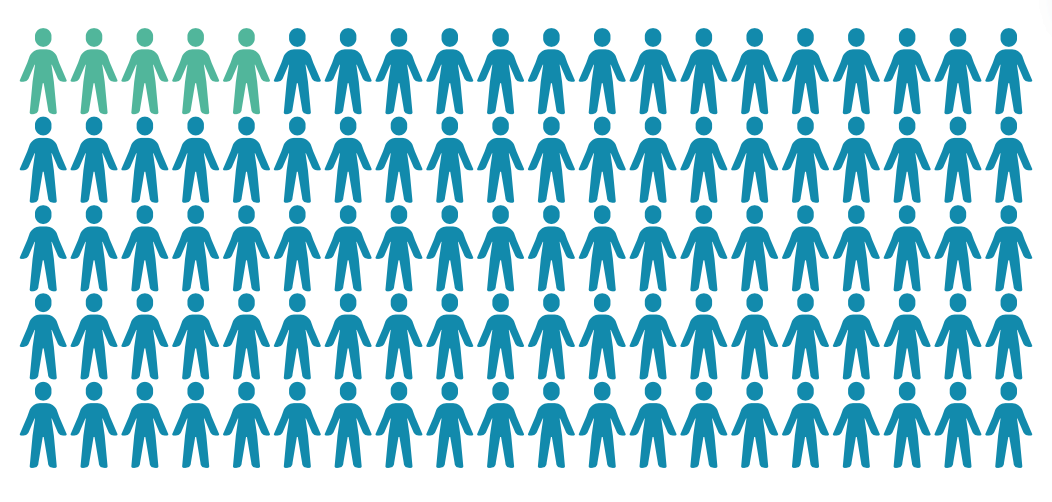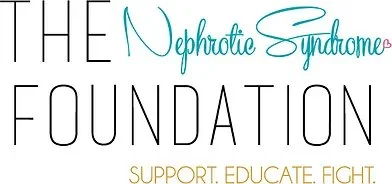Resources for Families
What is nephrotic syndrome?
Nephrotic syndrome is not a specific disease, but rather a descriptive term that describes the set of signs and symptoms that result from selective loss of large amount of protein into the urine due to damage to the kidney’s filtering units (“glomeruli”). The glomeruli filter blood as it passes through the kidneys to separate what the body needs and does not. In nephrotic syndrome, damaged glomerular cells, particularly the podocytes, allow too much protein to leave the bloodstream and spill into the urine. There are many different specific molecular and environmental causes and contributors to nephrotic syndrome. We already know some of them. Our job is to discover all of the causes and contributors of nephrotic syndrome; a precise understanding of this disease will help us take better care of patients with it.
For families with children affected by nephrotic syndrome
Support & advocacy groups, informational resources, research cohort, and more
NephCure for Rare Kidney Disease is a patient support and advocacy group that seeks to accelerate research for effective treatments of nephrotic syndrome and provide education and support that will improve the lives of those affected with nephrotic syndrome.
NephCure has curated a list of resources to help families better understand living with nephrotic syndrome. Resources include: “Understanding Kidney Disease”, “Nephrotic Syndrome with Children”, “What is Clinical Research”, and “Patient Empowerment.”
The Nephrotic Syndrome Foundation is a non-profit organization supporting those diagnosed with Nephrotic Syndrome, their families and the ongoing search for a cure.
Their goal is to meet each family and child in these tough times and lift each one up as best they can by providing financial and emotional support to help them weather the times to better health, acceptance, and adjustment.
National Institute of Diabetes and Digestive and Kidney Diseases (NIDDK) creates knowledge about and treatments for diseases that are among the most chronic, costly, and consequential for patients, their families, and the Nation. They seek to share their research and expertise with families about topics including kidney disease and nephrotic syndrome in children.
NEPTUNE is a research consortium of physician scientists that strives to discover the molecular causes of nephrotic syndrome, how nephrotic syndrome impacts patients and more precise and effective ways to treat the disease. Additionally, NEPTUNE looks to share information with families to better understand nephrotic syndrome and resources available.
CureGN is a multicenter observational cohort study of the following glomerular diseases: Minimal Change Disease (MCD), Focal Segmental Glomerulosclerosis (FSGS), Membranous Nephropathy (MN), and IgA Nephropathy (IgAN and IgAV). They have a large network of clinical sites across the United States, Canada, and Europe. They have a large network of clinical sites across the United States, Canada, and Europe. Hear about a patient’s experience participating in research with CureGN.
The recurrent focal segmental glomerulosclerosis (rFSGS) consortium brings together patients, families, doctors, researchers, and supporters to share experiences, raise awareness, and work toward finding new resources and funding for research. rFSGS is a rare kidney disease that can reappear after a kidney transplant, with limited treatment options currently available.
Their goal is to advance science and support efforts to develop more effective treatments for rFSGS, helping both children and adults affected by this challenging condition.
Raising awareness
~
Raising awareness ~
You can help by raising public and legislative awareness of nephrotic syndrome. The more people learn about these rare diseases, the greater the possibility that sufficient funds will be raised for research and for assistance to individuals with nephrotic syndrome. We know of many individuals and groups who have made a difference by building awareness of the condition in their family.
Here are some of the most successful approaches:
Get involved with advocacy groups like NephCure Kidney International and the Nephrotic Syndrome Foundation
Join a community on social media and reshare educational posts
Write a letter to your community newspaper or blog
Reach out to your representatives in Congress and ask your friends and family to do the same
Participate at conferences, seminars, and health fairs
Come up with your own, unique ways you can help raise awareness!
Looking for a place to connect, share, and raise awareness for nephrotic syndrome?
Social media is a great way to dive into the community, stay updated on the latest research, and make your voice heard!
Stay connected with us on social media @thesampsonlab
Participating in research
Volunteering to participate in a research study like the BIGKiDs Study can help scientists learn more about rare kidney diseases. This may eventually lead to improved understanding, treatments, and potentially cures.
Rewind & learn: Explore our webinar library
We're excited to offer a dedicated space for families to access recordings of our past webinars and live events in collaboration with NephCure and the Nephrotic Syndrome Foundation. These sessions are packed with expert insights, valuable information, and community stories that aim to support and empower those affected by kidney diseases. Whether you're looking for practical advice, emotional support, or the latest research updates.
Giving support
Many people ask what they can do to expedite research to help find the cause of nephrotic syndrome and potentially discover a cure. One step you can take is to give support to research.
Every gift can help bring us closer to finding answers.
















